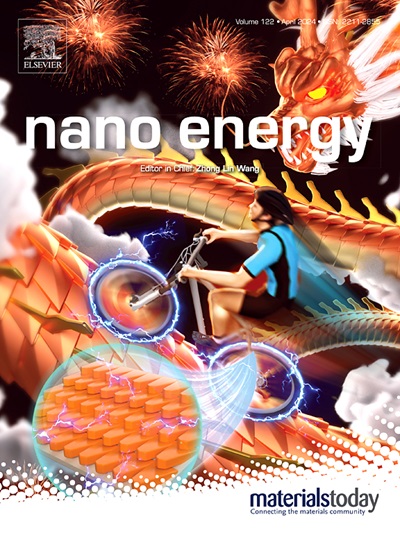A highly adaptable soft pipeline robot for climbing outside millimeter-sized pipelines
Abstract
High adaptability to pipelines with small sizes and low bending radius has been a significant problem to solve in pipeline robotics. Here, inspired by the physiological structure and movement mode of human arms, and designs a new type of rigid-flexible hybrid artificial muscle LCE-MXene-Spring (LMS), which exhibits highly integrated multiple degrees of freedom deformation (multi-directional bending, contraction, and elongation) and its excellent driving force. Unlike other LCE artificial muscles, LMS shows considerable driving force under multi-modal drive. LMS is used as a driver unit for pipeline robots, overcoming the problem of the inability to drive loads during liquid crystal elastomer (LCE) recovery. This is the first time that LCE has been introduced into the field of pipeline robots. The robot designed achieves horizontal and vertical climbing movements on a millimeter-sized pipe. Based on the collaborative control strategy of electricity and light, the robot's elongation unit undergoes asymmetric deformation when passing through bends, enabling it to pass through L-shaped pipes with ultra-low bending radii (19?mm), which is the lowest among reported soft pipeline robots. Moreover, it can climb pipes of different geometric shapes, surface media, and materials. The robot is loaded with a micro camera to complete image acquisition tasks while moving, demonstrating its application prospects in pipeline detection.





